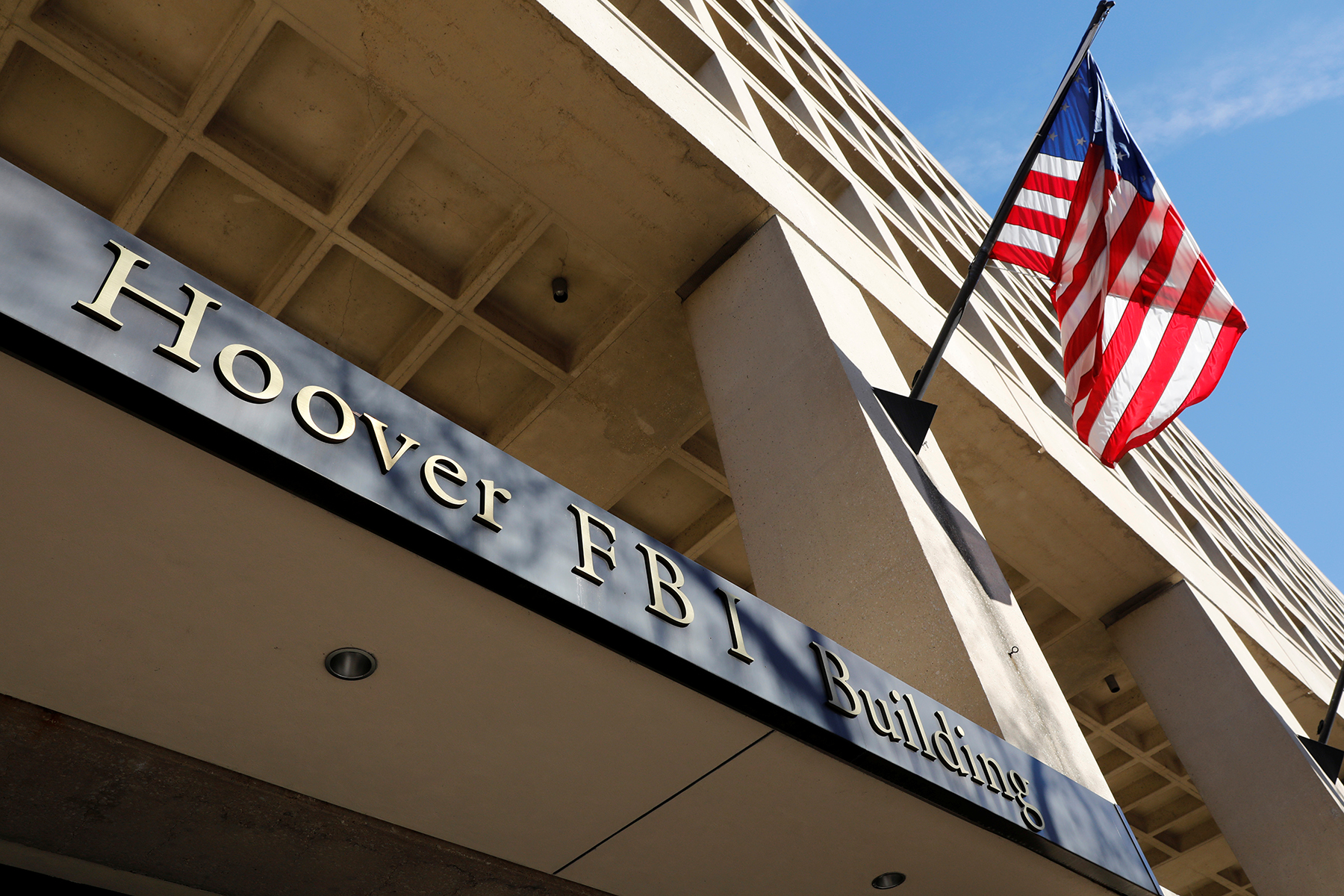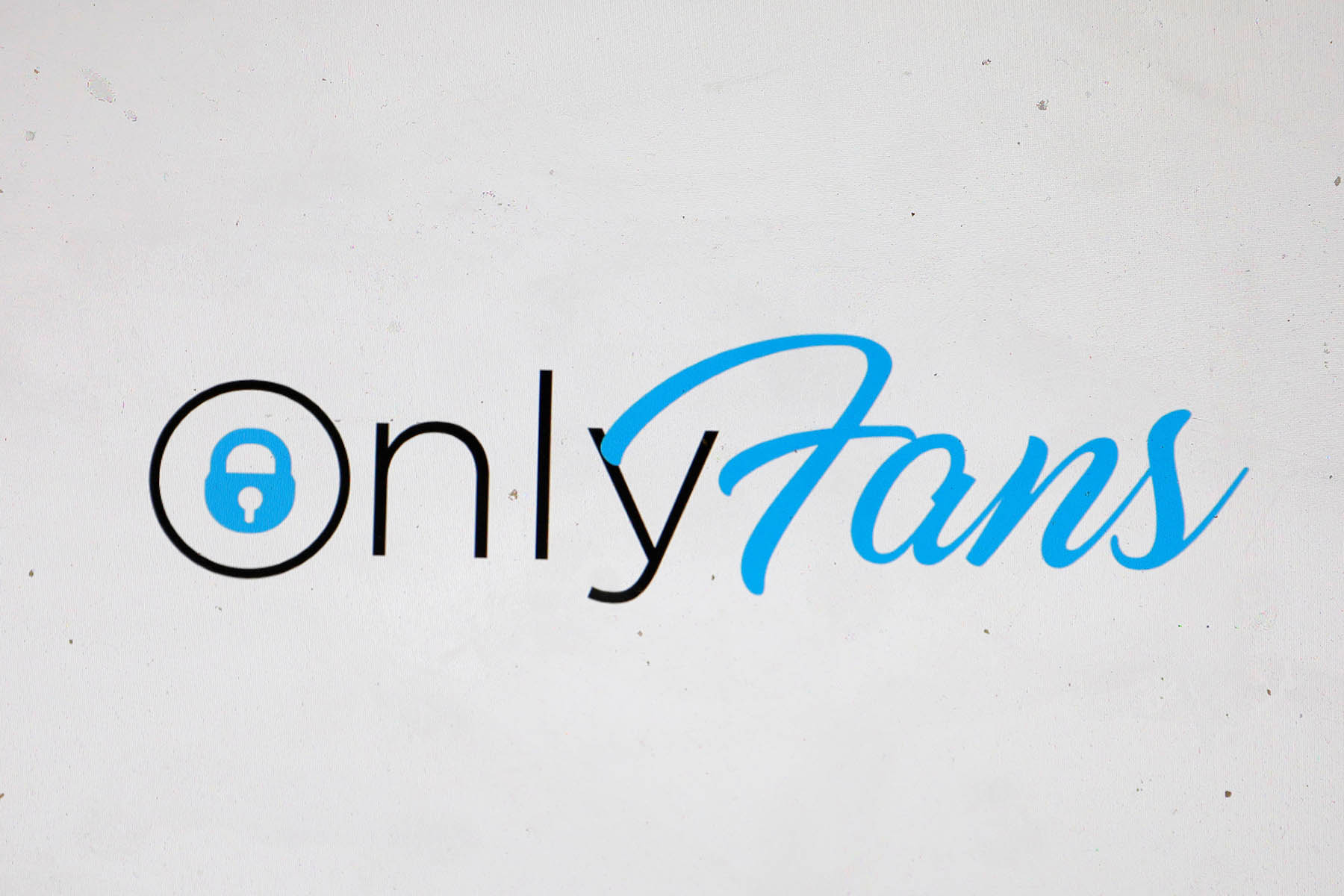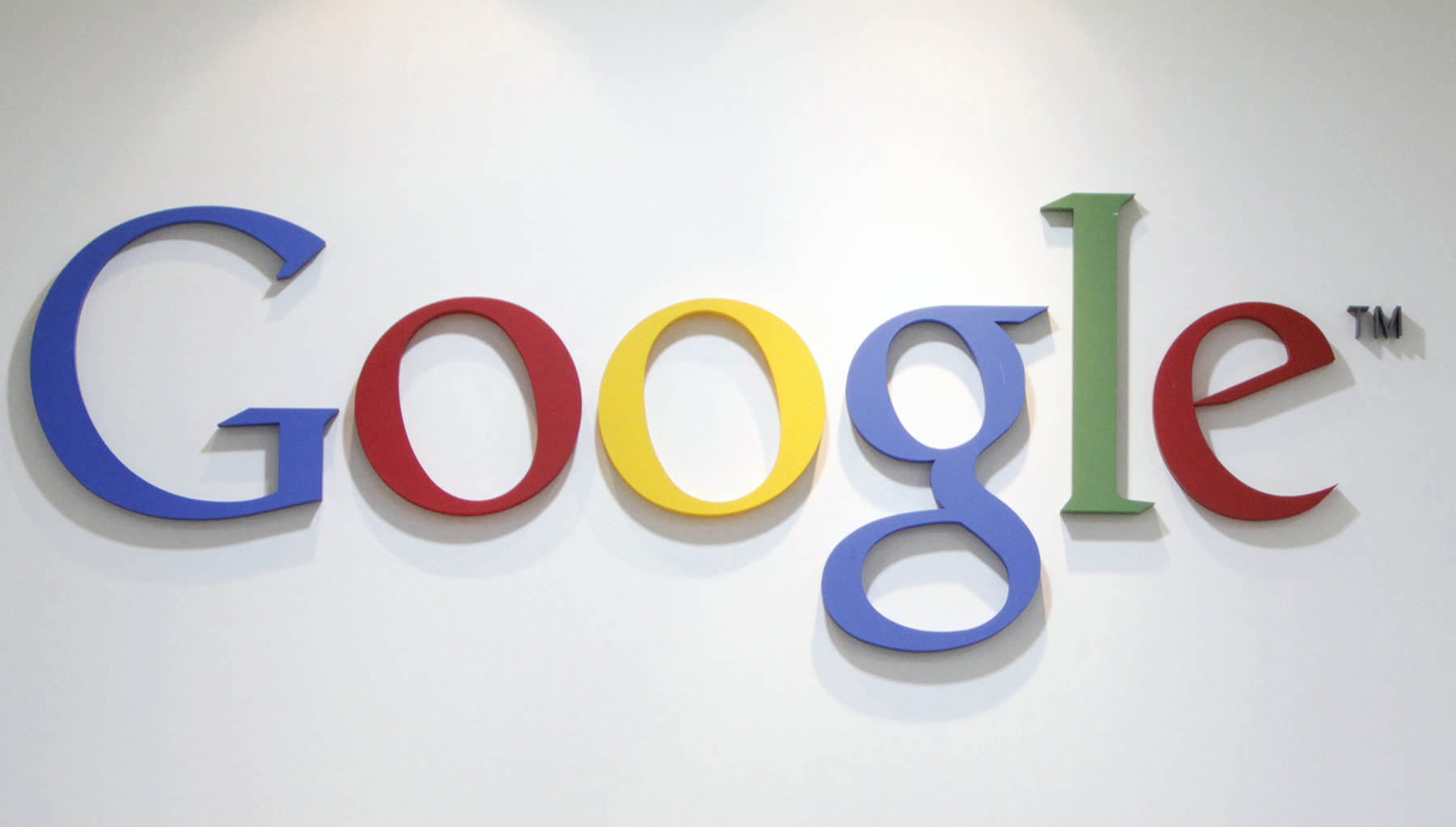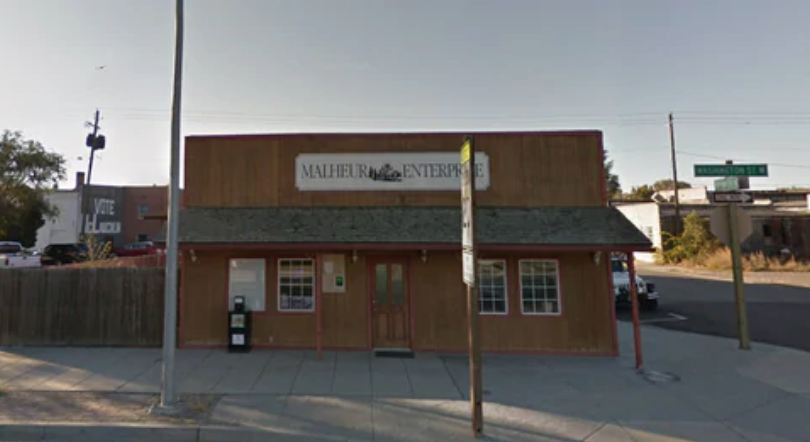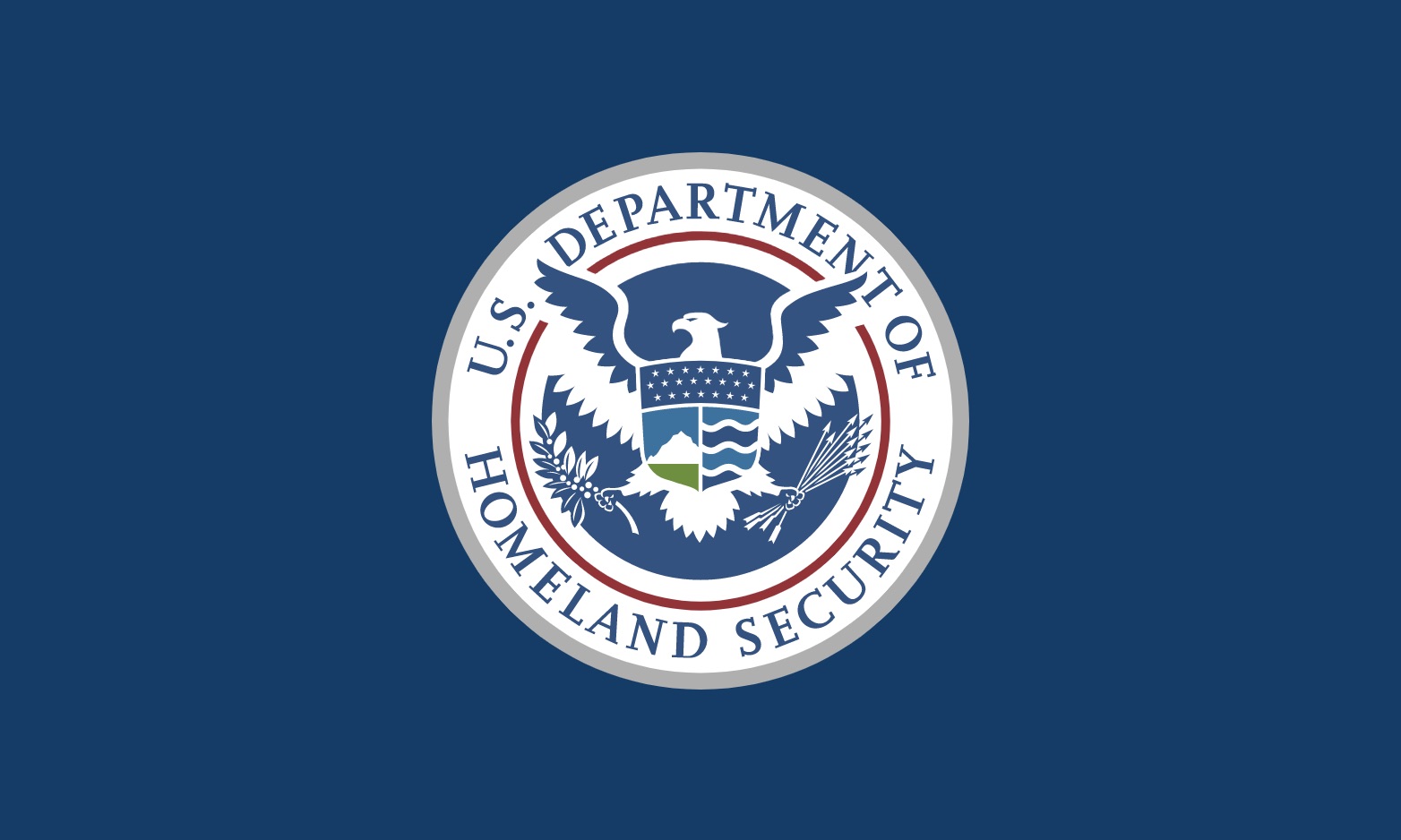Hulk Hogan’s Lasting Effect on Publishing and Privacy Isn’t What You Think
In this story, Gawker wins, but then there’s a plot twist. In the end, despite Gawker’s victory, it’s pretty clear why it ultimately settled instead of fighting up the chain of courts.
Hulk Hogan’s Sex Tape Lawsuit Had a Lasting Effect on Cases Involving Celebrity Privacy
The 2016 civil trial pitted the First Amendment against the privacy rights of celebrities and ended with a jury awarding Hogan $140 million in his lawsuit against Gawker Media.
Two Former FBI Officials Settle Lawsuits With Justice Department Over Leaked Text Messages
One former official also sued the department over his termination, alleging that the FBI caved to “unrelenting pressure” from Trump when it fired him and that his First Amendment rights were violated.
Teachers Have Been Outed for Moonlighting in Adult Content. Do They Have Legal Recourse?
Some outed teachers, as well as people in other prominent fields such as law, have lost their jobs, raising questions about personal freedoms.
Teen Girls Are Being Victimized by Deepfake Nudes. This Family Is Pushing for Protections
The disturbing cases have put a spotlight yet again on explicit AI-generated material that overwhelmingly harms women and children and is booming online.
Colorado Court Upholds Search of Google Keyword History to Identify Arson Suspects
Critics say the approach creates a digital dragnet that threatens people’s privacy and constitutional protections against unreasonable searches and seizures.
Local Oregon Newspaper Wins Major Public Records Battle
The Malheur Enterprise, a local newspaper, requested documents last October as part of its ongoing investigation into whether a state legislator was using his official position to help his private business. On February 5th, the county's district attorney ordered the government agency to disclose the unredacted documents.
DHS Reassigns Official Who Collected Intelligence Reports on Journalists and Protesters
While leading I & A, Brian Murphy compiled intelligence reports on two journalists–a New York Times reporter and Lawfare’s editor-in-chief– who had published leaked department documents. Murphy also compiled reports analyzing protesters' electronic messages that discussed tactics such as which routes to follow and how to avoid the police.


